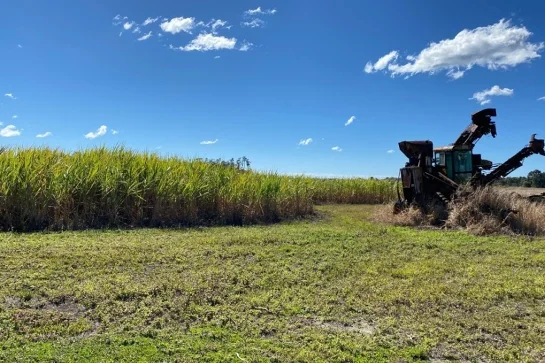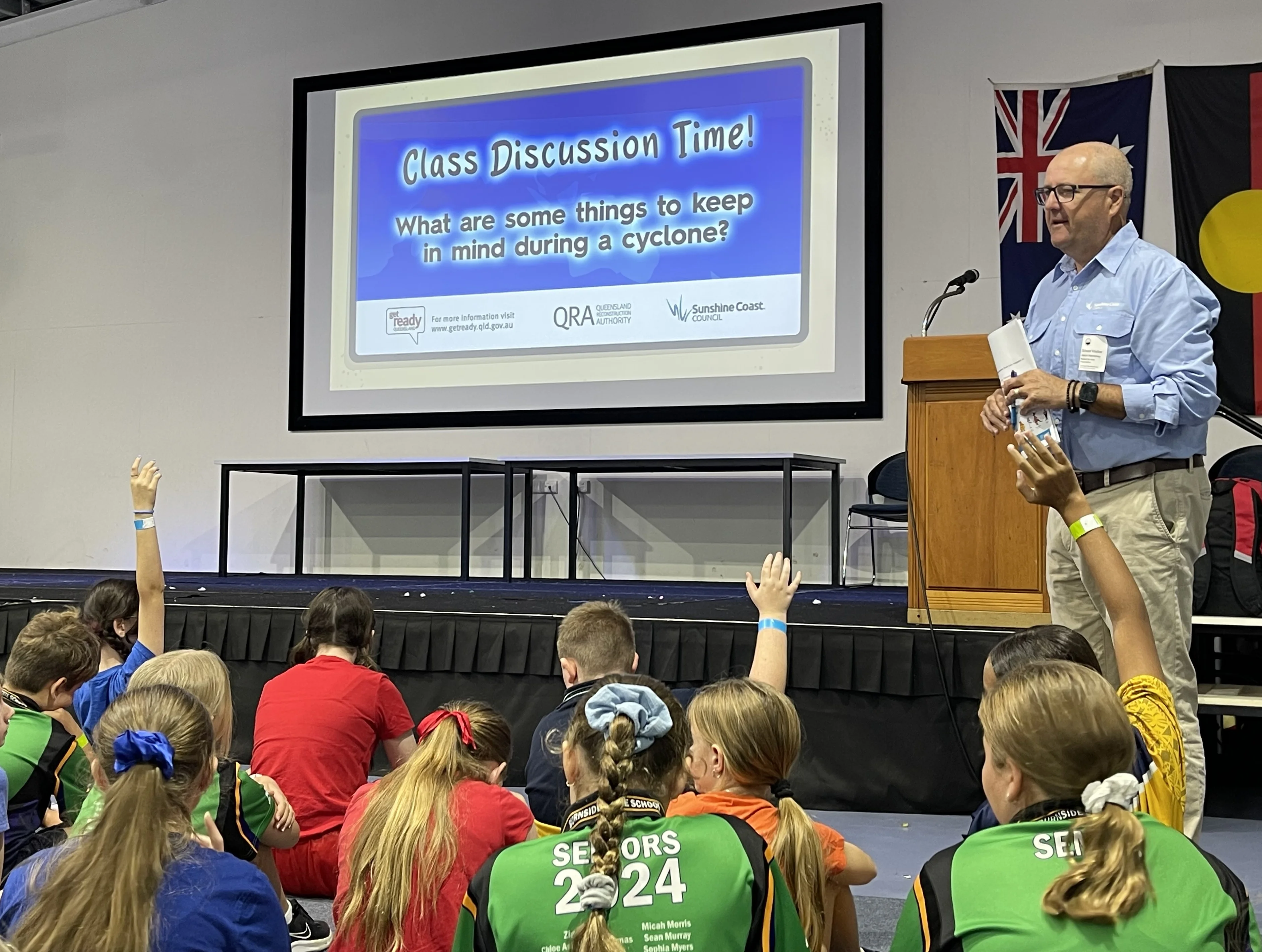The AMA is calling for extra targeted health policy support to help Aboriginal and Torres Strait Islander peoples get through the COVID-19 pandemic.
AMA President, Dr Tony Bartone, said today that the health of Aboriginal and Torres Strait Islander peoples must be a high priority in national COVID-19 recovery measures, given their increased vulnerability due to already higher rates of chronic diseases.
“The AMA has strongly welcomed existing measures to help combat COVID-19 in Australia, but they are nowhere near enough to reduce the risks for Aboriginal and Torres Strait Islander peoples across Australia,” Dr Bartone said.
“Further targeted approaches for Aboriginal and Torres Strait Islander people are needed.
“The AMA recommends a dedicated pool of funding for Aboriginal and Torres Strait Islander communities and organisations to draw on for specified purposes including the procurement of personal protective equipment (PPE), point-of-care tests, staffing and consumables, capital expenditure, isolation and quarantine facilities, and satellite and outreach services to address current service gaps.
“Importantly, the amount of funds allocated for this funding pool should be considered on a needs-basis.
“Given Aboriginal and Torres Strait Islander peoples comprise three per cent of the total population, and the burden of disease is 2.3 times higher than non-Indigenous Australians, it is reasonable for a benchmark amount of around seven per cent of total COVID-19 health funding be earmarked Aboriginal and Torres Strait Islander peoples.
“Testing is absolutely critical, and it must be an urgent priority to ensure that every Aboriginal and Torres Strait Islander health service is provided with testing kits, the associated consumables, and the necessary training.
“The $58 million retrieval package announced by Minister Wyatt was a great start to acknowledge the unique health service needs of Aboriginal and Torres Strait Islander peoples in remote communities, but more is needed.
“Specialised Indigenous health services and programs that respond to the needs of the majority of Aboriginal and Torres Strait Islander people who live in cities and towns must be made a priority and properly funded to provide greater protections coming out of the pandemic,” Dr Bartone said.







